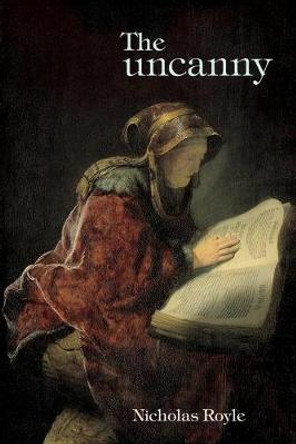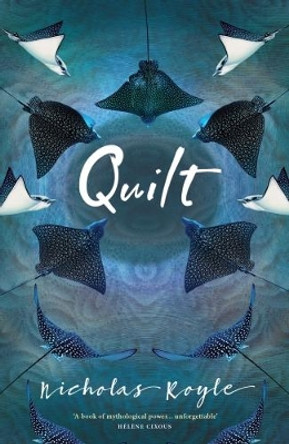This book reflects on the figure of veering to form a new theory of literature. Contrary to a widespread sense that literature has become increasingly irrelevant to our culture and everyday life, Royle brilliantly traces a strangely compelling 'literary turn'. Starting with an 'Advertisement' (which literally means a 'turning towards') like an 18th-century novel, he explores images of swerving, loss of control, digressing and deviating to form this new theory of literature. Royle's study ranges from Montaigne to Stephen King, from the 'dance of atoms' in Lucretius to the 'human veer' in Don DeLillo. With wit and irony he investigates 'veering' in the writings of Jonson, Milton, Dryden, Wordsworth, Coleridge, Melville, Hardy, Proust, Lawrence, Bowen, J.H. Prynne and many others. Veering provides new critical perspectives on all major literary genres: the novel, poetry, drama, the short story and the essay, as well as 'creative writing'. It proposes a new term for understanding post-1960s cultural and intellectual history: 'the literary turn'. It transverses different disciplines and discourses including verse, vertigo, the dinameu, detournement, transversality, environmentalism, the linguistic, the ethical and the political turn.
About the AuthorNicholas Royle is Professor of English at the University of Sussex. His books include Telepathy and Literature (1991), After Derrida (1995), E. M. Forster (1999), The Uncanny (2003), Jacques Derrida (2003), How to Read Shakespeare (2005), and (with Andrew Bennett) An Introduction to Literature, Criticism and Theory (4th edition, 2009). He edited Deconstructions: A User's Guide (2000) and is an editor of the Oxford Literary Review.
Book InformationISBN 9780748655083
Author Nicholas RoyleFormat Paperback
Page Count 232
Imprint Edinburgh University PressPublisher Edinburgh University Press
Weight(grams) 360g







